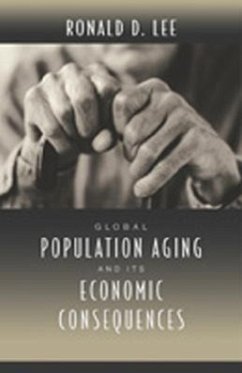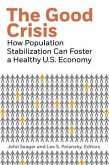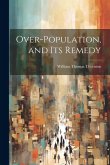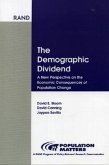Global population aging is an inevitable feature of the final stages of the demographic transition, a worldwide combination of low fertility and low mortality that result in older, more slowly growing--even shrinking--populations. This trend raises the concurrent risks of rising dependency ratios of the elderly on the working-age population, and falling global saving rates as the growing retired population begins not to save after a lifetime of working. This lecture explains how the purported risks of global aging can be contained through foresight and prudent public policy, and also how these trends will affect the Third World countries.
Hinweis: Dieser Artikel kann nur an eine deutsche Lieferadresse ausgeliefert werden.
Hinweis: Dieser Artikel kann nur an eine deutsche Lieferadresse ausgeliefert werden.








